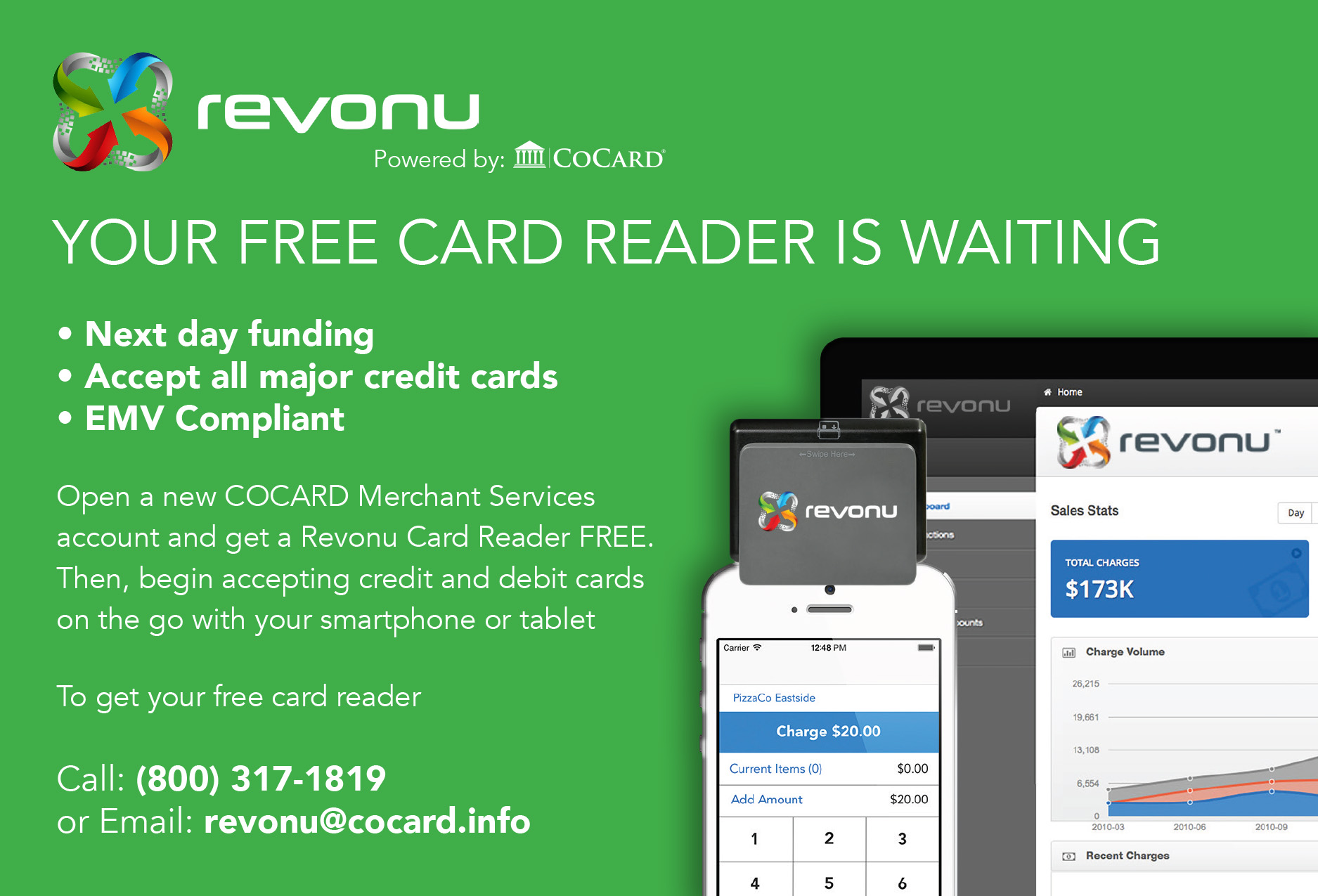5 Organizational Apps To Make Your Days That Much More Effective

Apps these days are a dime a dozen, so we wanted to assemble some of our favorite apps for organization. From file storage to organizing trip details to content management, these apps have the power to make your work life that much easier, and more effective.
- Evernote
Take notes in meetings, and attach documents, articles, and presentations to these notes. You can also record meetings as a part of the note so that you can stay focused on what a client is saying, or doing your best in a presentation. Evernote is available on Android and iOS, and also has a desktop version to sync to a tablet.
- Dropbox
Dropbox is great for file storage, especially files that are too large to attach to an email. Keep both business and personal information in your Dropbox account. The great thing about this app is that it offers a free 30-day trial for a relatively inexpensive cost of $12.50 per month. It also has a snazzy camera upload feature where your pictures automatically upload to your account.
- TripIt
Keep your flight confirmations, restaurant reservations, and hotel information in this app. For many business owners, travel is a given whether for business or in your personal life. Keep photos and information about cherished destinations—where to dine again, for example, or an article about a particular workspace. The premium version also gives access to frequent flyer miles.
- HabitList
If you are a person who wakes up at 5am, you likely understand the benefit of forming good habits. And HabitList is one way to form even more habits. It allows you to proactively decide which things in your life you’d like to be more consistent so that they, in fact, become habits. Do you want to schedule small meals throughout the day? Or do your most difficult tasks first? HabitList tracks progress and offers positive reinforcement along the way to make forming habits more achievable.
- CoSchedule
This app is available via desktop, not smartphone or tablet yet. However, it is excellent with content management. Schedule your blog posts and other social media posts through this program which offers more organization. CoSchedule also integrates seamlessly with Google Docs and Evernote.
These apps will make your work life more efficient. And of course, chances are you already have a great organizational app that you already use that isn’t on this list. Don’t hesitate to try something new to make the most out of each day.
Read MoreRead MoreApple Pay Expands to Canada

If there wasn’t any before, Apple Pay’s recent expansion has given merchants throughout the country of Canada a strong incentive to provide point of sale solutions compatible with the service. Although Apple Pay isn’t necessarily a service that is new to Canada, May 2016 marks the first time that customers will be able to make transactions with cards not exclusive to American Express.
For those that aren’t familiar, Apple Pay is a relatively new mobile payment feature powered by Apple that allows customers to pay for goods and services through their iPhone, iPad, or Apple Watch. Launched in October 2014, the application is synced with a user’s credit card and is utilized by holding your device near the contactless reader on a merchant’s POS system. The application then requires a user’s fingerprint Touch ID to authorize the transaction, and is a replacement for traditional ‘Chip and Pin’ or ‘Chip and Signature’ security methods.
Although Apple Pay has been available in Canada since November 2015, it has only recently become available for merchants that process cardholders not affiliated with American Express.
On May 10, Apple Pay’s services were expanded to customers of Royal Bank of Canada, Canadian Imperial Bank of Commerce, ATB Financial and Canadian Tire Bank. This expansion now supports Visa, Mastercard, and Interac, servicing a majority of cardholders in Canada. Services will be further expanded to TD Canada Trust, Scotiabank and the Bank of Montreal in order to fully accommodate Canada’s ‘Big 5’ banks, as well as two additional credit unions (iMore).
Apple Pay has potential to make a big splash in the Canadian market, primarily due to its cooperation with banking institutions. American Express is infamous for charging higher processing rates than its competitors, so Apple’s expansion beyond AmEx as sole proprietor of mobile transactions greatly increases its potential consumer base. In terms of customer protection, LoyaltyOne’s Senior Director of Research and Development believes that Apple Pay’s combination of security and branding are among its strongest selling points in foreign markets.
“Trust and security has remained a big issue with digital wallet adoption to-date, but studies show that consumers are more likely to adopt a mobile wallet platform and engage with the app if they trust a brand, and because banks are some of Canada’s most trusted brands, they are well-poised to get the most out of this digital trend,” says Berry. (MobileSyrup).
Having anticipated this major market shift, CoCard is fully equipped with a number of POS solutions that can quickly and efficiently service Apple Pay users in the United States. For more info about Apple Pay devices, call CoCard today at (800) 317-1819 or email at info@cocard.info.
Read MoreRead More
Major tech companies push for legislative reform of NSA’s accessibility laws

With the continued expansion of internet prevalence in our everyday lives, it’s becoming harder each day to escape the ever-watching eyes of “Big Brother”. “Big Brother” is an idiomatic term that refers to government surveillance powers that oversee our actions on an everyday basis, the most relevant example in this instance being the NSA.
The NSA has recently experienced a significant amount of backlash from major tech companies because of its invasive and disturbing policies for mass data collection. A year after agency contractor Edward Snowden’s leak of private documents, executives from nine major tech companies (AOL, Dropbox, Google, Apple, Yahoo!, LinkedIn, Twitter, Microsoft, Facebook) sent a letter to the Senate demanding a reform of internet privacy and security laws.
Specifically, Microsoft sounded off about the changes in legislation that they would like to see, in reference to cyber-spying and data hacking. One of their main gripes was towards the security of cloud-based services, and the lack of certainty behind the protection of their documents and information. Microsoft claims that the government has “intercepted data traveling across the internet”, and “hacked links between company data centres” (www.thegaurdian.com).
Microsoft has a strong call to action, with five specific desires:
- Recognize that U.S. search warrants do not have jurisdiction outside of the U.S.
- End bulk-collection of data (phone records, email records)
- Commit to the ending of large scale data centre hacking
- Reform the Foreign Intelligence Surveillance Act court, which makes its rulings in private.
- Improve transparency in terms of exactly what rights the government has to information and records.
It’s no secret that the government watches over us and keeps an eye out for suspicious activity. Many people understand and accept that it is for the greater good, but a great many (me included) believe that it is a serious breach of our Constitutional rights. With the constant increase in web/cloud based technology that businesses use for records, it’s a scary thought knowing that your business’s private information is always at the fingertips of the government; with little to no control over what the government can do or take from us, how much power do the people really have? Is the internet just another way for the government to control us? How do you think the government’s aggressive interference with private information will affect businesses in the future? Reply and let us know!
Read MoreRead MoreApple unveils changes to Mac, and hints at potential watch

Apple recently unveiled their most recent collection of products, most notably the Ios8 mobile phone.
Although there were many improvements with the iPhone, such as multi-app messaging and group message self-removal, there were also several other products that got some upgrades; this includes their signature personal computer, the Mac, and reportedly, a potential watch.
According to www.hufftingtonpost.com, the new Mac computers will run off a program entitled “Yosemite”. Yosemite has a few notable features, one being a new, “flat” design that makes every application on the screen appear more like those on an iPhone. It’s OSX programming allows users to make calls and send text messages from their computers.
Other improvements include an enhanced search bar, as well as enhanced email usability. Users now can send larger documents, and the Apple email app allows users to mark up emails and write signatures.
The most notable improvement may be the ‘DropBox-like’ storage device called iCloud Drive. The program allows users to organize and find documents from both Apple and Windows devices. They are set to be available his fall.
The potential iWatch also has interesting features, reportedly include a new Healthbook software that hosts multiple health-monitoring devices (blood pressure monitors, heart rate monitors, etc.), and notifies the wearer of any changes during exercise.
The “Quicktype” feature may also be featured for wearers, an app that allows quick messaging to contacts by suggesting words and phrases.
Although one can always speculate about the innovations that Apple intends to make every year, it’s undeniable that their work continues to change the landscape of technology every year. What do you think of the changes to Apple products? Reply and let us know!
Read MoreRead More



